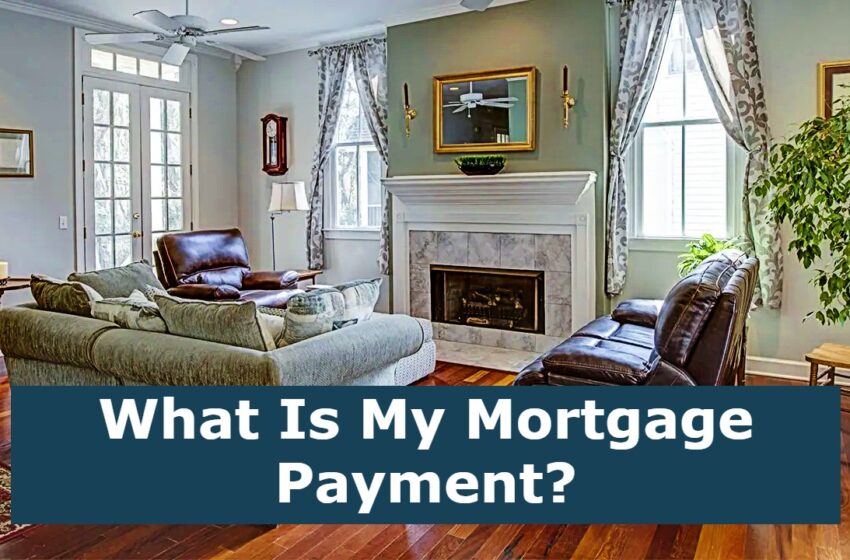
What Is My Mortgage Payment?
If you’re thinking about buying a home, it’s important to know how much your mortgage payment will be. There are many factors to take into consideration, such as interest rate, principal, and escrow account. The more information you have about your mortgage, the better off you’ll be in the long run.
Principal
If you’re looking to save money on your mortgage, you might be wondering how to pay down the principal on your loan. There are several options to choose from. You can apply extra payments towards the principal, use an HELOC, or refinance your loan. However, you’ll need to consult with your lender first.
The first option is to pay down the principal as quickly as possible. This can save you a lot of interest and help you become debt-free faster.
Paying down the principal is an excellent way to shorten your mortgage term and build equity in your home. But paying down the principal can also have an opportunity cost. It’s not always easy to make extra payments, especially if you’re just starting out.
Typically, lenders require an additional payment for things such as taxes and insurance. Depending on your loan agreement, you can make an extra payment to apply to the principal or to the interest.
Taxes and insurance
If you’re a homeowner, you probably already pay property taxes. But did you know that these taxes and their insurance aficionados can be part of your mortgage payment?
The good news is that you can roll them into your loan repayments and take advantage of the tax benefits. The bad news is that paying for these items will mean a higher monthly mortgage payment. This means that you’re leaving less room in your budget for the other things that matter.
It’s a fact that most homeowners will be paying for their property taxes, insurance and other home maintenance costs as part of their monthly mortgage payments. However, that doesn’t mean you’re obligated to. Some lenders even let you choose which items to include in your mortgage payments. So you have the option of making a decision based on the amount of money you can afford and the type of loan you qualify for.
While you’re at it, you may want to consider taking out a mortgage insurance policy. This will help ensure that you don’t get stuck with a massive bill on your tax return.
Escrow account
Using an escrow account for your mortgage payment is a good way to spread out big bills. It eliminates the need to keep track of multiple due dates. Also, if a bill goes over your escrow’s limits, you can get reimbursed. However, some homeowners prefer not to have an escrow account.
A mortgage servicer manages your escrow account. They pay your property taxes, insurance premiums and other expenses on your behalf. Your mortgage payment will be reduced or increased if there are any shortfalls.
Many lenders require you to use an escrow account. You’ll see a statement with your monthly escrow account balance and the amount of interest you are paying.
Most of the time, you’ll be able to pay your escrow account with the money you’ve already set aside for your mortgage payment. This is also known as your target balance. Some people refer to it as an impound account, depending on where you live.


